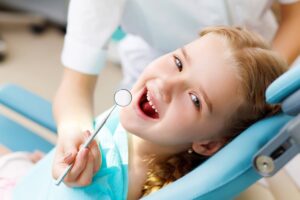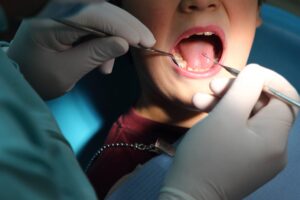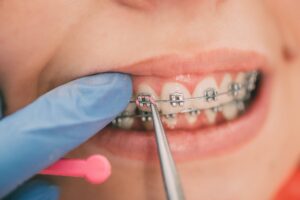Baby bottle tooth decay
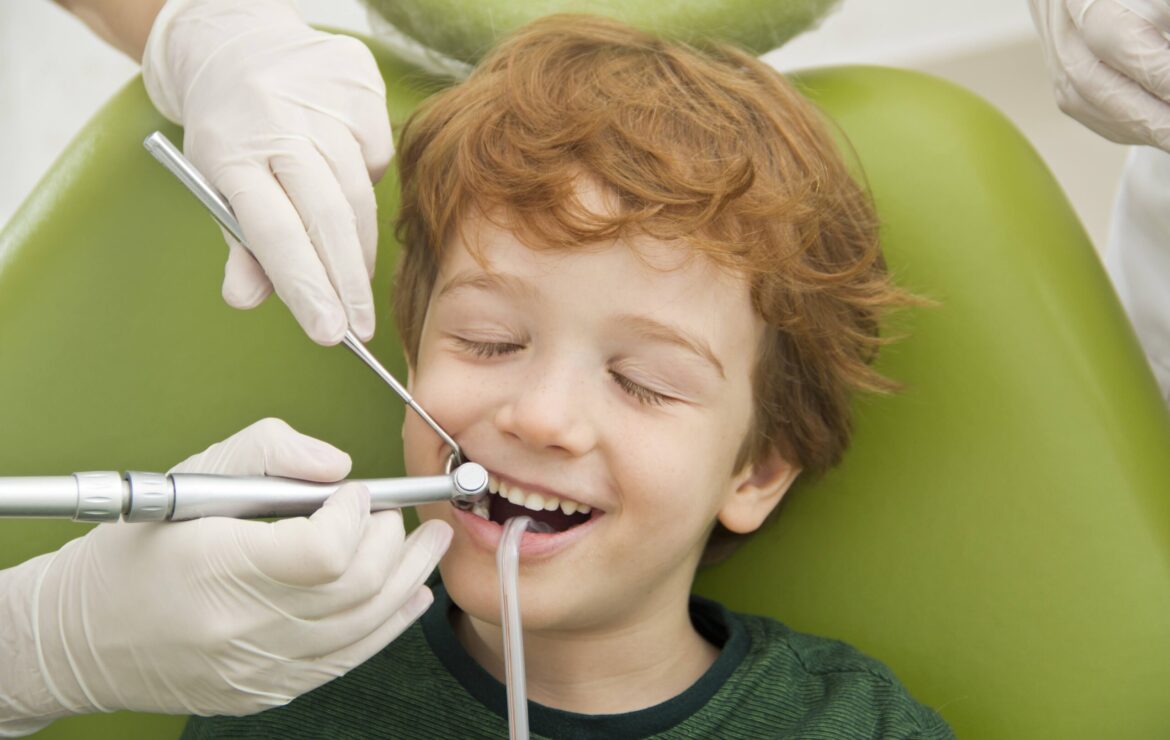
Baby bottle tooth decay
It is crucial to preserve the health of the primary (baby) teeth. Even though baby teeth will eventually be replaced, they serve a number of vital roles in the interim.
Baby teeth help in speech and enunciation, proper food chewing, maintaining tooth space for adult teeth, and preventing the tongue from protruding excessively in the mouth. When baby teeth fall out too soon, neighboring teeth move to cover the space, which can lead to impacted adult teeth and the need for orthodontic treatment.
A poor cosmetic outcome, years of orthodontic therapy, and impacted adult teeth are all possible outcomes of this issue.When the first main tooth appears in babies, usually around the age of six months, they are at risk for dental decay. A "well-baby checkup" with a pediatric dentist is advised around the age of twelve months, according to the American Academy of Pediatric Dentistry (AAPD).
What is tooth decay from infant bottles?
Early childhood caries (cavities), which affect infants and toddlers, is referred to as "baby bottle tooth decay." Although baby bottle tooth rot can damage any or all of the teeth, it is most common in the upper jaw's front teeth.The pediatric dentist might not be able to salvage the afflicted tooth if baby bottle tooth rot gets too bad. In these situations, the damaged tooth is extracted, and a space maintainer is added to stop the other teeth from shifting out of place.
Baby bottle tooth decay can be fully avoided by setting up routine homecare visits and pediatric dental examinations.
How does tooth rot from infant bottles start?
Tooth decay is caused by bacteria that produce acid in the oral cavity. These microorganisms may initially be passed from mother or father to infant by saliva. The parental bacteria enter the baby's mouth each time parents share a spoon with them or try to clean a pacifier with their tongues.However, constant contact with sweetened drinks is the main contributor to baby bottle tooth rot.
Breast milk, infant formula, juice, and sweetened water are all examples of liquids that can be used to fill a baby bottle. Drinking sweetened liquids before a nap or before bed increases the risk of tooth decay since they stay in the mouth for a long time. Toxic acids are released by oral bacteria as they feed on the sugar around the teeth. Children's tooth decay and painful cavities are caused by these acids, which erode tooth enamel.Tooth decay is more likely to occur in infants who do not receive enough fluoride.
Fluoride protects dental enamel by preventing mineral loss and encouraging mineral uptake. The pediatric dentist can assess whether a certain infant needs fluoride supplements or is at high risk for baby bottle tooth rot through a series of questionnaires and examinations.
What can I do at home to stop tooth decay from baby bottles?
A determined parent can entirely stop tooth decay caused by baby bottles.
The following recommendations and scheduling routine dental visits will keep every child's smile healthy, attractive, and free from decay:
Avoid exchanging saliva with your child to avoid transferring bacteria. Use a clean spoon for each individual who is eating while rinsing pacifiers and toys in clean water. After each meal, use a fresh washcloth to wipe the gums.
When teeth start to erupt, brush them with an ADA-approved toothpaste and an appropriate toothbrush. Children under two should use fluoride-free toothpaste, according to recommendations.When the youngster has mastered the art of "spitting out" extra toothpaste, use a pea-sized amount of ADA-approved fluoride toothpaste.
Fluoride is crucial for healthy teeth, but too much of it can cause a condition called fluorosis.Sugary beverages shouldn't be put in infant bottles or sippy cups. These containers should only be filled with water, breast milk, or formula. When the child is twelve months old, encourage them to switch from sippy cups to conventional cups. Avoid dipping pacifiers in sugary liquids like honey.
Analyze your child's feeding patterns. Eliminate sugary snacks and promote a wholesome, balanced diet. Do not let the youngster bring a bottle with liquid in it to bed.
If the youngster demands it, use water instead of a sugary beverage to fill the bottle.Until your youngster turns seven, brush his or her teeth. Children frequently find it difficult to access particular areas of the mouth before this age.Your child's fluoride levels should be reviewed by the pediatric dentist.
